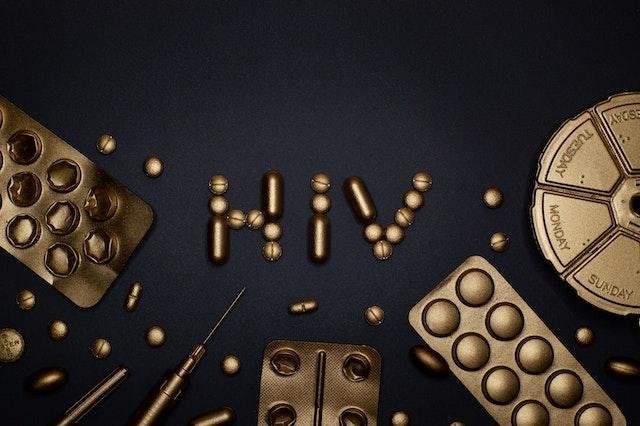HIV Prevention: 7 Tips to Help You Protect Yourself and Others

Your health is the most important thing you have. If you are unwell, you might start having problems maintaining relationships. Not only that, but you might also have problems achieving your professional goals.
There are many things that you need to do to live a healthy life, like eating well, staying active, and staying off harmful substances. But that’s not all. You should also look after other things like HIV.
HIV is a serious virus, and it has the potential to compromise your health and wreak all kinds of havoc on your body.
To help you protect yourself and those around you, here are six tips for preventing HIV.
Understanding HIV Basics
Before we dive into prevention tips, let’s start with the basics of HIV. HIV spreads mainly through specific body fluids like blood, semen, vaginal fluids, and breast milk. Unprotected sex, sharing needles or syringes, and mother-to-child transmission during childbirth or breastfeeding can transmit the virus. Knowing how it spreads helps you take appropriate measures to lower your risk.
Practicing Safe Sex
Engaging in safe sexual practices is vital for HIV prevention in the long run. Using condoms correctly and consistently during vaginal, anal, and oral sex significantly reduces the risk of HIV transmission. Remember, condoms not only provide contraception but also protect against sexually transmitted infections (STIs). If you’re unsure of your partner’s HIV status, it’s best to use a condom every time you have sex.
Regular Testing
Knowing your HIV status is essential for your well-being and the health of your sexual partners. Regular testing is crucial, especially if you engage in high-risk behaviors. Many healthcare facilities, community centers, and clinics offer free or low-cost HIV testing. By knowing your status, you can take appropriate actions to protect yourself and others.
Seek Medical Advice and Support
Consulting with a healthcare professional, such as a medical director or a doctor, can provide you with valuable guidance on HIV prevention. They can help you understand your risks, recommend appropriate preventive measures, and answer any questions you may have.
Additionally, support groups and counseling services are available to assist individuals living with HIV and those seeking preventive information. Seeking medical advice and support empowers you to make informed decisions about your health.
Considering Pre-Exposure Prophylaxis (PrEP)
PrEP is a medication for individuals at high risk of contracting HIV. It involves taking a pill daily to reduce the risk of infection. PrEP is highly effective when used consistently and in combination with other prevention methods like condom use. If you think you’re at higher risk, consult a medical professional or the medical director of a local clinic to discuss whether PrEP is suitable for you.
Know Your Risks
To protect yourself effectively, it’s important to be aware of the behaviors that can increase your risk of contracting HIV. Certain activities, such as unprotected sex, sharing needles, or having multiple sexual partners, can heighten the chances of exposure to the virus. By recognizing your risks, you can make informed choices to minimize them and protect your health.
Promoting HIV Awareness and Education
Spreading awareness and educating others about HIV is a powerful way to prevent its spread. By sharing accurate information with friends, family, and the community, you can dispel misconceptions and reduce HIV stigma. Encourage open conversations about sexual health, safe practices, and the importance of testing.


